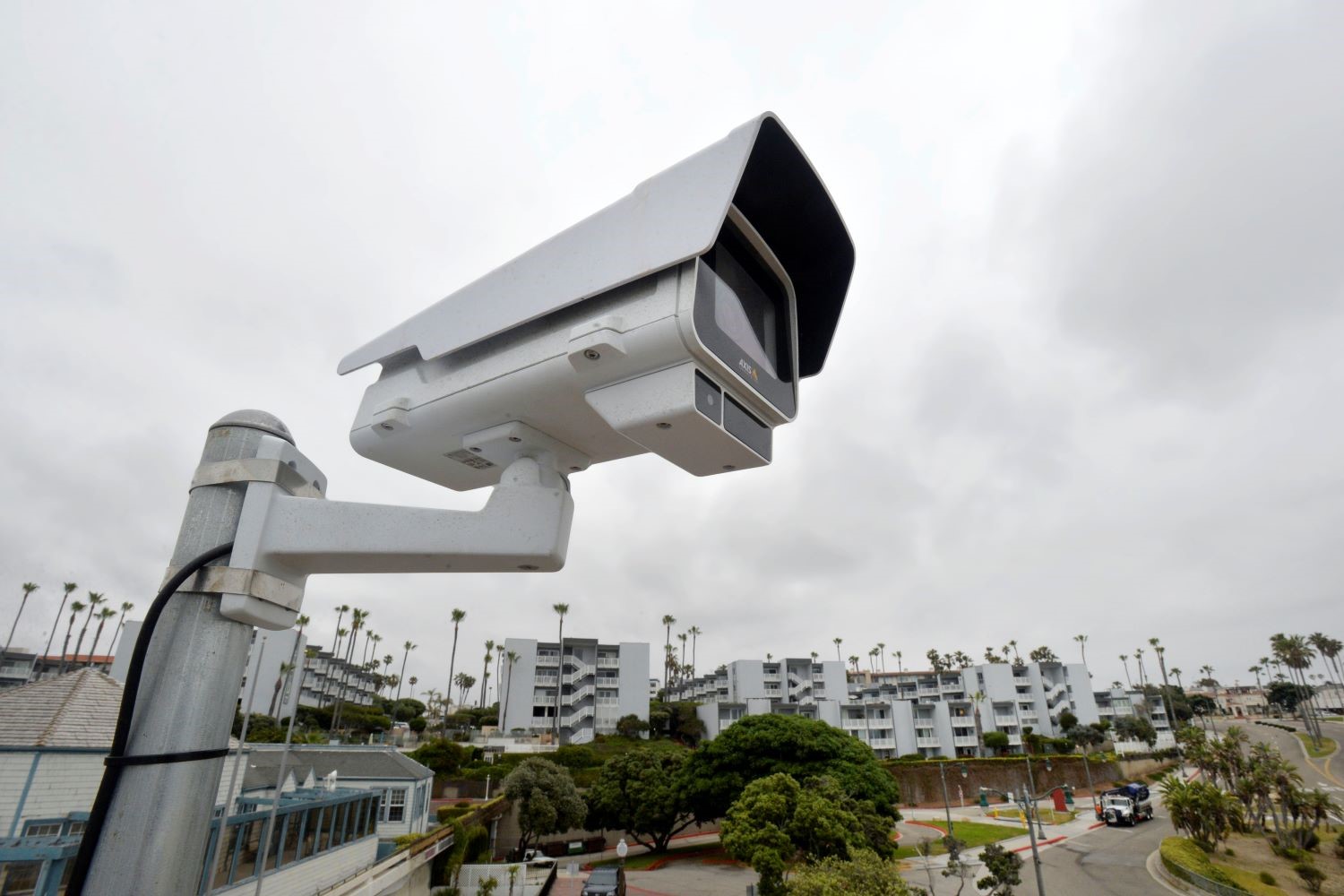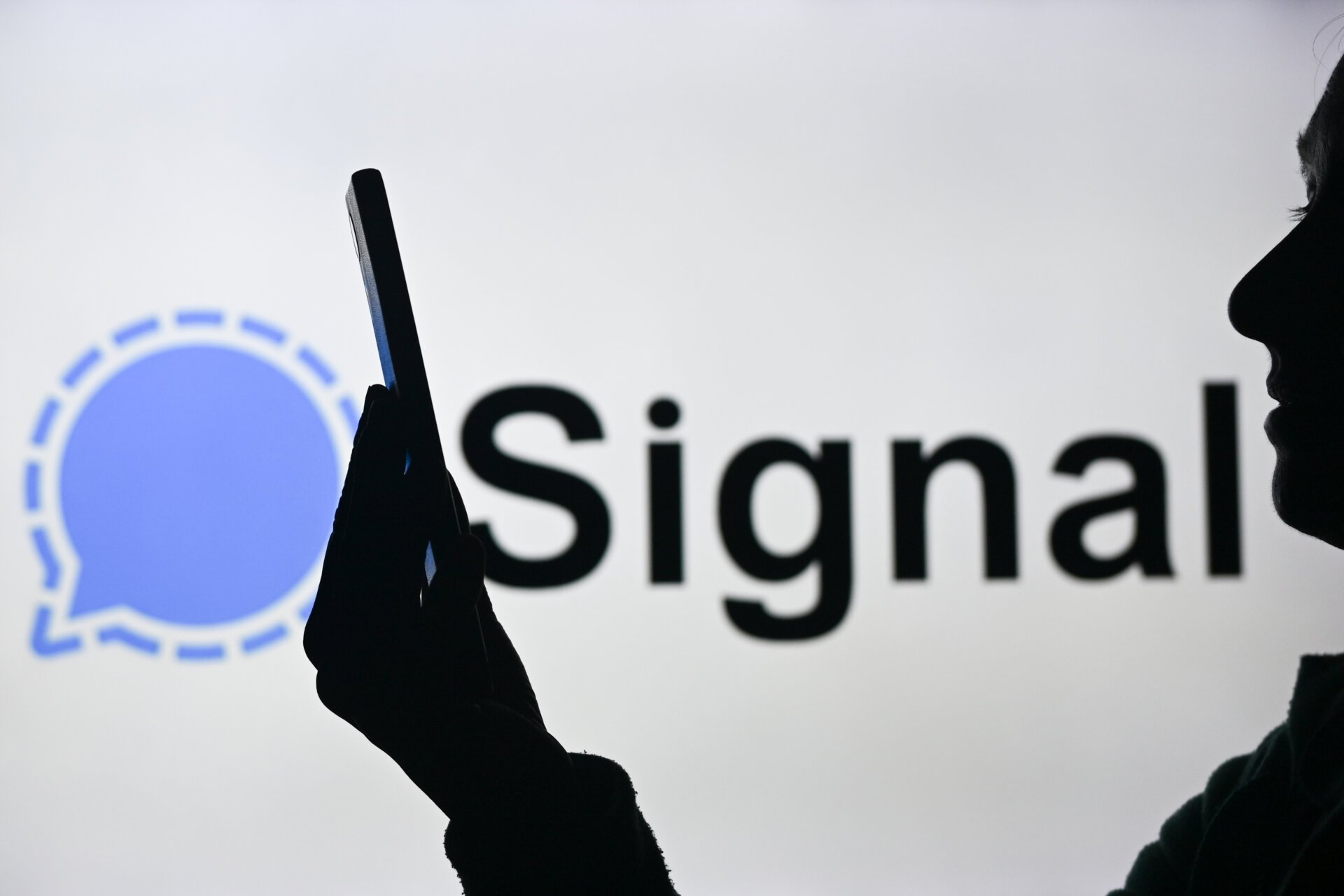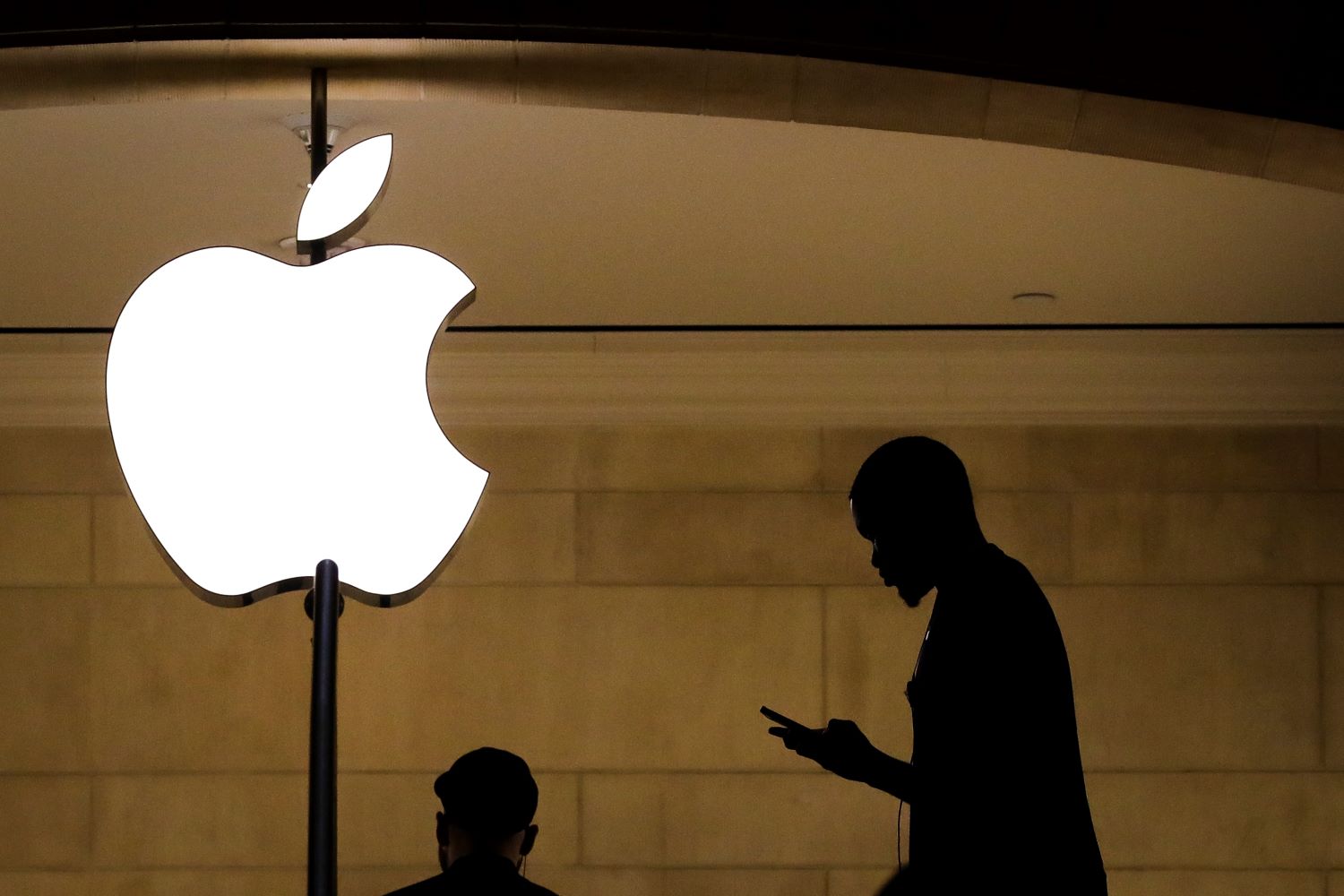China’s dystopian “social credit” system—which penalizes citizens found to have engaged in some type of misconduct by imposing a number of restrictions on their activities—has already resulted in tens of millions of rejected attempts to purchase plane or train tickets, the Guardian reported on Friday.
That’s according to information released by the National Public Credit Information Centre, which stated that travelers were restricted from buying 17.5 million plane tickets and 5.5 million train tickets. Part of the report used the slogan “Once discredited, limited everywhere,” the Guardian wrote:
The social credit system aims to incentivise “trustworthy” behaviour through penalties as well as rewards. According to a government document about the system dating from 2014, the aim is to “allow the trustworthy to roam everywhere under heaven while making it hard for the discredited to take a single step.”
Social credit offences range from not paying individual taxes or fines to spreading false information and taking drugs. More minor violations include using expired tickets, smoking on a train or not walking a dog on a leash.
The report also stated that other penalties that could be imposed on the “discredited” included restrictions on purchasing insurance or participating in real estate and investment deals, the Guardian added. The government has added over 14 million instances of “untrustworthy conduct” to the list, it stated.
As Bloomberg noted, what counts towards or against an individual in the credit system can vary from place to place, and President Xi Jinping’s plans for a unified national system by 2020 instead of the current patchwork system of private and local ones have yet to come to fruition. The restrictions on plane and train tickets is public and maintained by China’s supreme court, for example, while other aspects of it resemble traditional credit scores in use elsewhere.
In Zhoushan, for example, negatives include “mobile phone usage or smoking while driving, vandalism, walking dogs without leashes and playing music loudly in public,” Bloomberg wrote. In Rongcheng, where Foreign Policy wrote citizens can pick up their scores at city hall, residents have added penalties for illegally spreading religion, domestic abuse and abandonment, and online defamation. But perks are also rewarded for those with good scores, like better rates on loans and premium access to city bikes. Foreign Policy noted that the while one intent of the social credit system is clearly to help the ruling Communist Party fight dissent, it is also hoped to help bureaucrats wield data to identify social problems and allocate resources.
Sociologist Zhang Lifan told Foreign Policy, “The Chinese government is increasingly inclined to use high tech to monitor ordinary people, turning China into a police state, a big prison.” However, the site also wrote that social credit systems seem to be popular in Rongcheng, where many citizens see it as a way of fighting public and private corruption.
According to the Guardian, officials wrote in the report that the system has already encouraged 3.5 million individuals and institutions to pay backlogged debts. Eventually, per the Verge, officials plan to pair the data with biometrics, like fingerprints, which are already collected and used during travel.













